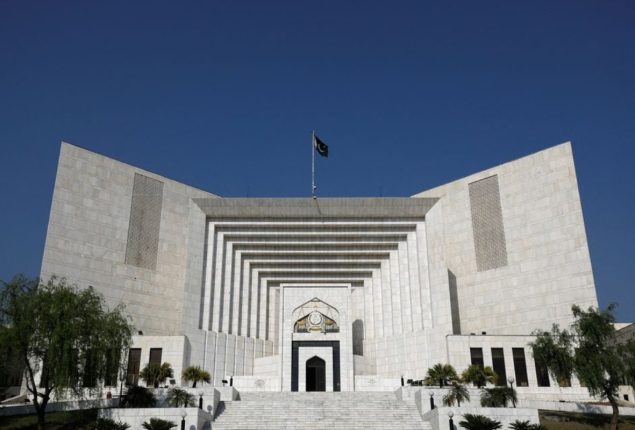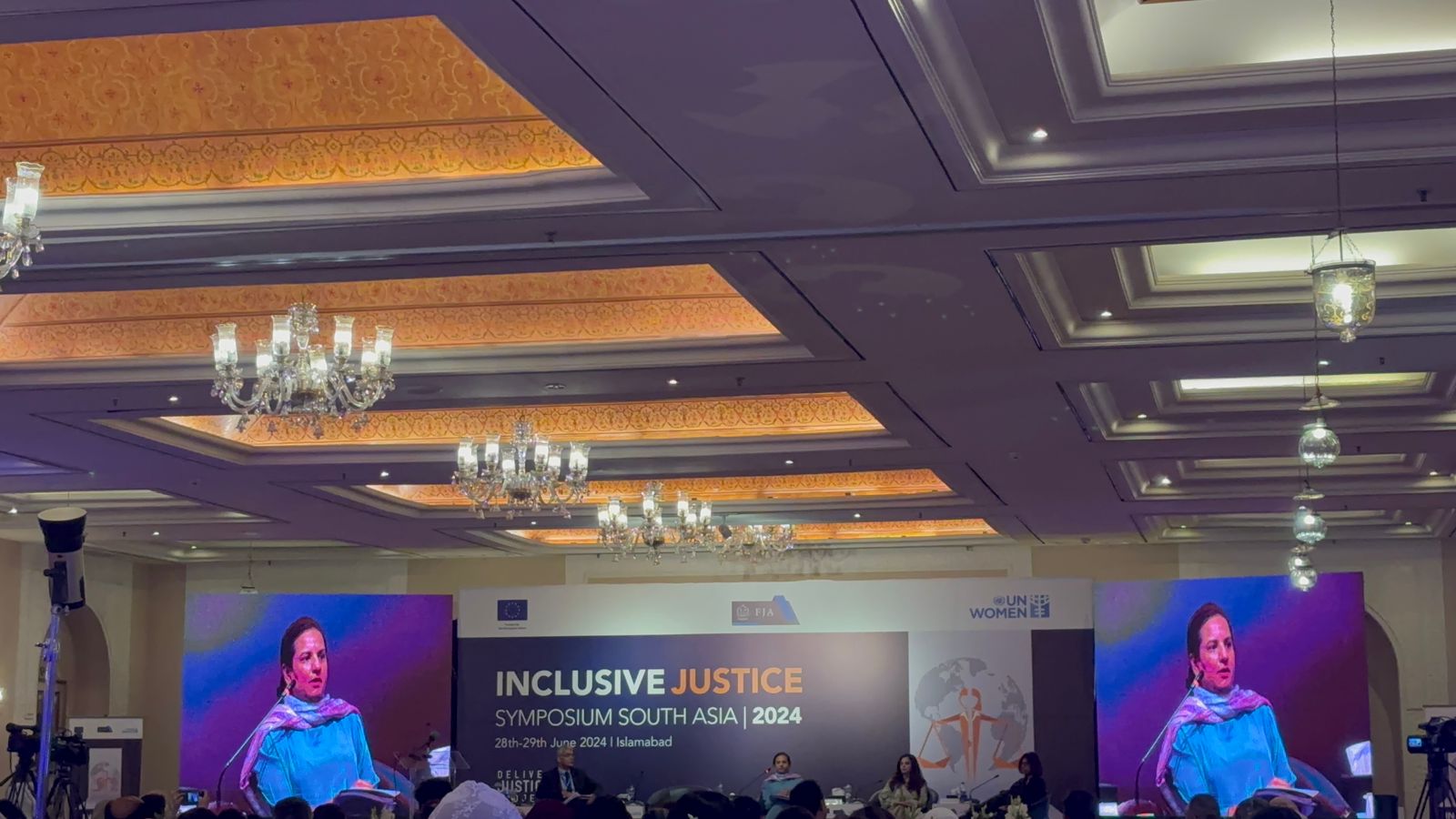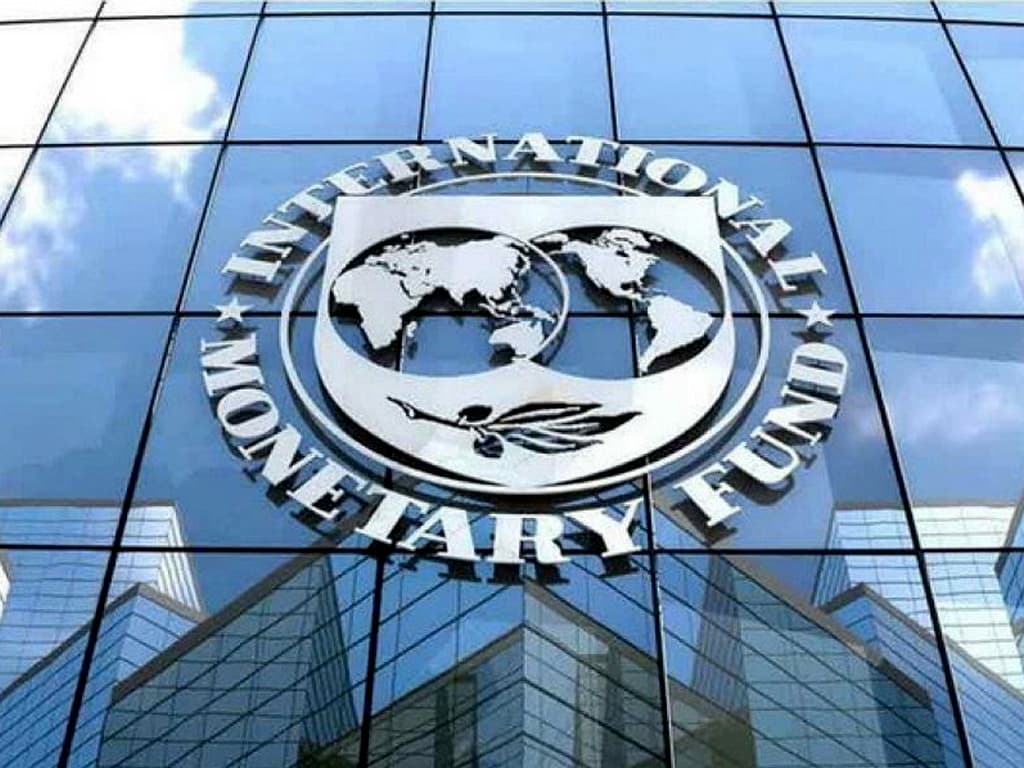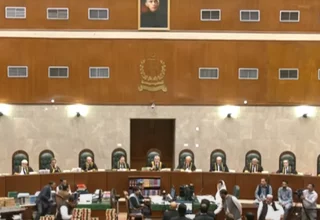The Supreme Court of Pakistan on Friday declared (Review of Judgments and Orders) Act 2023 null and void.
The Supreme Court had reserved its verdict on a set of pleas challenging the recently-enacted SC (Review of Judgments and Orders) Act 2023 and today the SC declared the petitions against the Review Act admissible.
The SC issued an 87-page judgment on the pronounced verdict stating that courts should exercise extreme caution while declaring any law null and void.
Added that the court should make every possible effort to bring the law into harmony with the Constitution, staing that every effort was made to make the Review of Judgments Act consistent with the Constitution.
The written judgment mentioned that despite best efforts, the Supreme Court found the Review of Judgment Act unconstitutional and there is no ambiguity in the judgments of the Supreme Court over the scope of revision.
Article 188 and the binding of judicial decisions on it are binding on all, the judgment said.
The court had ordered to hold elections in Punjab on May 14, following which the Election Commission of Pakistan had filed review petition against the decision of the SC.
The government had approved the Review law in the Parliament during the hearing on ECP’s review.
In the following Review Act, the scope of revision was widened to the scope of appeal.
On June 19, a three-judge panel led by Chief Justice of Pakistan Umar Ata Bandial, along with Justice Munib Akhtar and Justice Ijazul Ahsan, heard the appeals contesting the law.
Chief Justice Umar Ata Bandial expressed concerns during the proceedings, stressing the need for thorough consultations with experienced legal experts before passing significant laws like the Supreme Court (Review of Judgments and Orders) Act 2023.
He emphasized the importance of input from professionals such as the Attorney General for Pakistan (AGP), given their extensive experience in legal matters.
Recognizing the complexity of the issue, CJP Bandial acknowledged the requirement for remedies within the scope of Article 184(3), a provision that empowers the Supreme Court to intervene in cases of substantial public interest.
While acknowledging the potential advantages of refining legislation, he highlighted the essential nature of precise drafting to protect the judiciary’s integrity.
The Attorney General for Pakistan, Mansoor Usman Awan, and PTI lawyer Ali Zafar presented their arguments in the case, following which the apex court reserved its judgment.
Justice Bandial noted that the verdict would be announced after internal deliberations, adding, “Let’s wait and see what unfolds.”




























